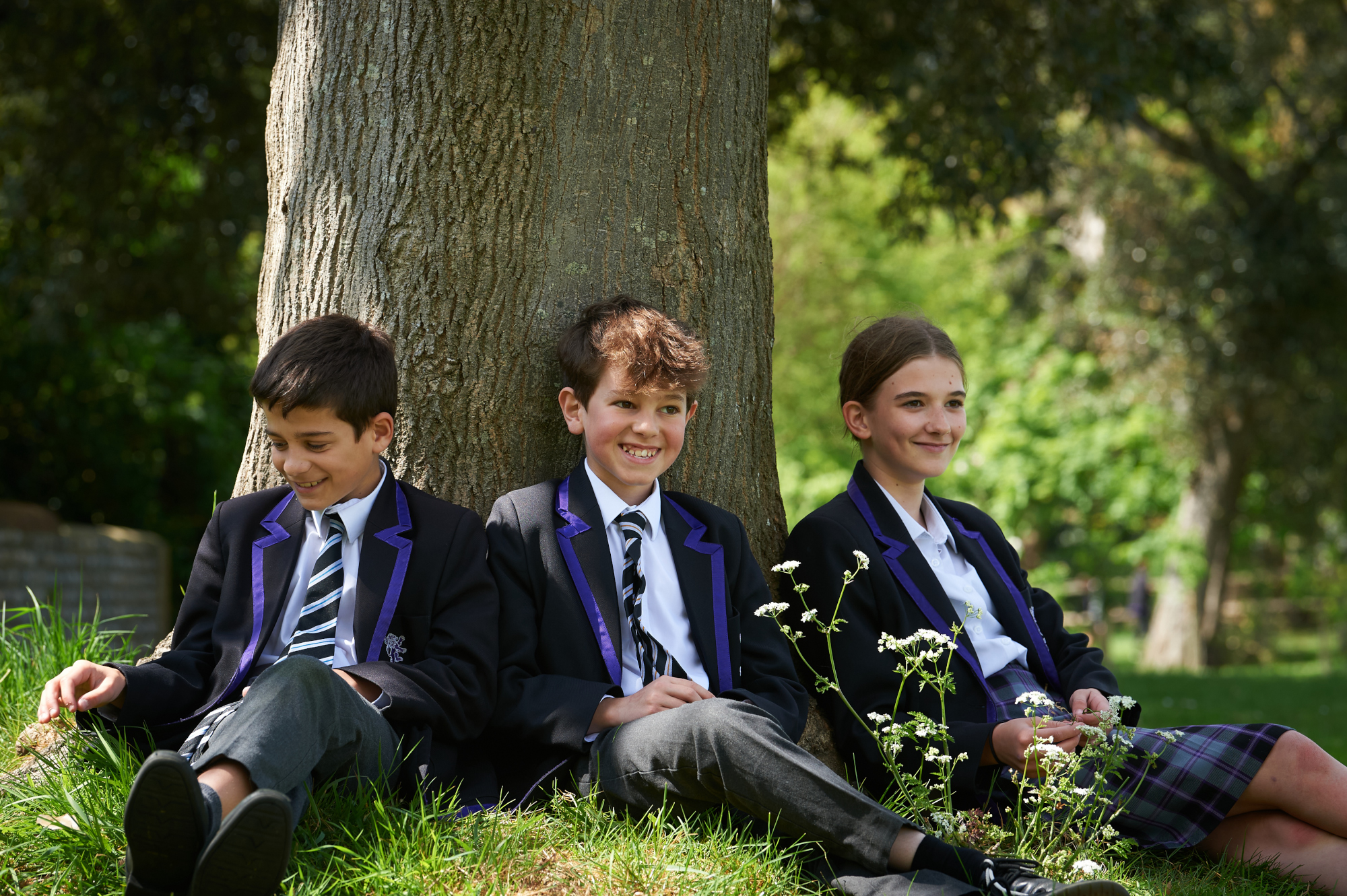‘Mindfulness can make a huge difference to the wellbeing of pupils, both now and later on’

Donald Manson, head of music at Shoreham College, reflects on his school’s experience of implementing mindfulness training for the benefit of students and staff.
Our mindfulness programme at Shoreham College started in 2016-7 when we invited the charity ‘Mind with Heart’ to give a one hour presentation on mindfulness to the whole staff. This proved a successful launch pad for our intention to start a mindfulness staff training programme for a group of interested staff who could then introduce and teach mindfulness to pupils. The initial training course involved nine twilight sessions focused on developing individual mindfulness skills first, leading to skills for teaching this to pupils. Shortly after this we began delivering sessions to junior and senior pupils. Mindfulness from early years to Year 11 was integrated into PSHE sessions as well as in separate short sessions at the beginning or end of a class. We also developed a series of longer sessions for Key Stage 3 pupils, which went into greater depth, putting mindfulness into a wider context of wellbeing and emotional intelligence, as well as introducing lunchtime voluntary sessions and an after-school club. Later we introduced a staff mindfulness session before school once a week.
The feedback from students was generally very positive. They said things like: “It was interesting because I learned how to relax”, “It has been useful to me because I learned how to be happy and what makes us happy.” There was also a clear link to how we deal with stress - another student said: “It was quite useful for when I feel stressed and it was very interesting because everyone was calm after doing the body scan. I really enjoyed mindfulness.” Teachers were also very positive indeed about the training they received. Since then we have continued to develop our mindfulness programme, despite the pandemic period, with our most recent training for teachers in 2021 (including supporting some free places for external teachers) and a whole staff INSET session on mindfulness in 2022.
Modern mindfulness was created in the 1970s by Dr Jon Kabat-Zinn with a programme of meditation interventions which he created for patients with chronic pain at his hospital in America. It was a great success and has become more and more successful since then, with the original programme, called MBSR, becoming world famous. He defined mindfulness as “paying attention to the present moment with openness, curiosity and without judgement”. It evolved partly out of Buddhist and other meditation practices by secularising them and drawing out their essential elements, such as methods for settling, grounding and focusing the mind and also for investigating the mind in a safe and fun way. It's about what you notice, and what you don’t notice. In the school context we teach pupils some of these methods which require time set aside to do, but we also teach them ‘informal’ mindfulness which is just about noticing and appreciating things at any point in your day. Sometimes a pupil or member of staff will say ‘What's the difference with mindfulness? We’re aware of things anyway.’ The difference is in two things - the fact that we are habitually so distracted (research shows that most adults are distracted from what they are doing at least 50% of the time, and that this makes them less happy) and mindfulness is an antidote to this; plus the different quality that being aware of awareness brings.
So what are the benefits and what are the challenges to introducing mindfulness to a school?
The benefits of mindfulness practice have been well established scientifically over the last 25 years. It has been shown to improve a number of health factors - including attention and cognitive performance, the immune system’s response, self-regulation and sleep quality - and to reduce others, such as stress, anxiety and feelings of depression. It has also been shown to increase a sense of appreciation, wellbeing and self-esteem. So from this point of view, we are educating pupils to acquire some very positive life skills which could make a huge difference to their mental wellbeing, both now and later on.
There are several challenges to doing this successfully in practice, however. First it is crucial to train staff properly, so that they have a good level of experience of doing mindfulness practice for themselves - this will allow them to lead pupils confidently and give them the skills to check in with the pupils’ experiences in the right way. Second, finding the right times and spaces to make the sessions work well can be challenging, but is very important. Third, finding the time to bring together the staff involved in the mindfulness team as a group going forward is itself another challenge, but also essential.
These last two points have been if anything more challenging in the post-pandemic world of the last couple of years. Thinking about mindfulness at Shoreham College going forward, I feel positive that we can continue to bring this valuable life skill more meaningfully to more pupils and staff, but also feel the need for us to find more time and space as a team to consolidate what we have already established.

